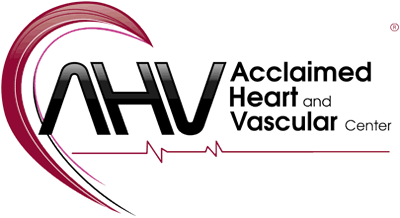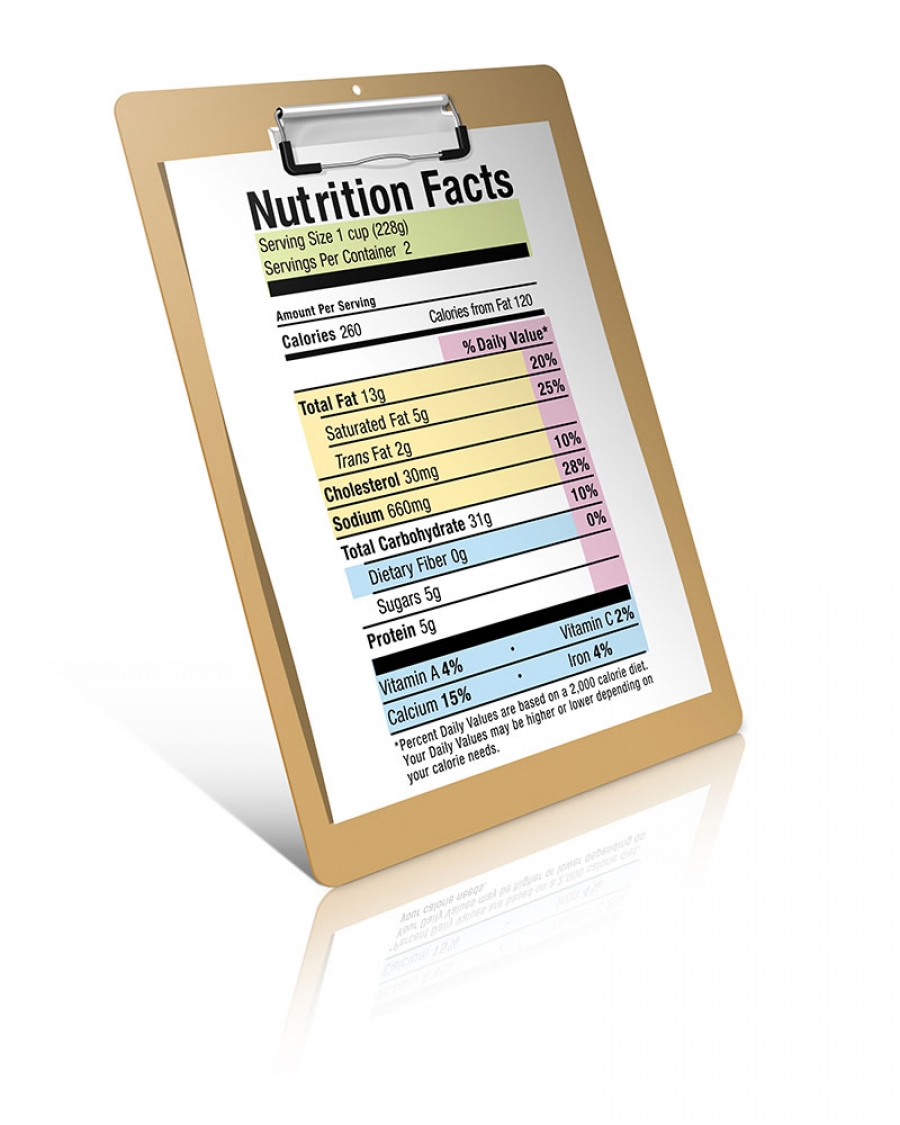Heart disease is the number one killer of women and men in the United States. Each year, more than a million Americans have heart attacks, and about a 500,000 people die from heart disease1. Over 2,100 Americans die of cardiovascular disease each day, an average of one death every 40 seconds2.
Keeping your cholesterol levels healthy is a great way to keep your heart healthy and lower your chances of getting heart disease or having a stroke.
Types of Cholesterol
There are two types of cholesterol. Having too much of one type, or not enough of the other, can put you at risk for coronary heart disease, heart attack, or stroke.
- HDL (good cholesterol). HDL cholesterol is considered "good" cholesterol because it helps remove LDL cholesterol from the arteries. Experts believe HDL acts as a scavenger, carrying LDL cholesterol away from the arteries and back to the liver, where it is broken down and passed from the body. One-fourth to one-third of blood cholesterol is carried by HDL. A healthy level of HDL cholesterol may also protect against heart attack and stroke, while low levels of HDL cholesterol have been shown to increase the risk of heart disease.
- LDL (bad cholesterol). When too much LDL cholesterol circulates in the blood, it can slowly build up in the inner walls of the arteries that feed the heart and brain. Together with other substances, cholesterol can form a thick, hard deposit called plaque that can narrow the arteries and make them less flexible and cause atherosclerosis. If a clot forms and blocks a narrowed artery, a heart attack or stroke can result. Another condition called peripheral artery disease can develop when plaque buildup narrows an artery supplying blood to the legs.
Aside from HDL and LDL cholesterol, triglycerides also make up your total cholesterol count.
- Triglycerides are another type of fat, and they’re used to store excess energy from your diet. High levels of triglycerides in the blood are associated with atherosclerosis. Underlying diseases or genetic disorders are sometimes the cause of high triglycerides. People with high triglycerides often have a high total cholesterol level, including a high LDL cholesterol (bad) level and a low HDL cholesterol (good) level. Many people with heart disease or diabetes also have high triglyceride levels.
Symptoms
Many people do not know their cholesterol is too high because there are usually no symptoms. That's why it is important to have your cholesterol levels checked by your doctor.
Prevention and Treatment
- Eat a heart-healthy diet - To lower cholesterol, the American Heart Association recommends eating a dietary pattern that emphasizes fruits, vegetables, whole grains, low-fat dairy products, poultry, fish and nuts. You should also limit red meat and sugary foods and beverages. Consider using the DASH Diet to improve your overall health. Pay close attention to the fats that you are eating, as fats play a significant role in your cholesterol levels.
- Be physically active – It is recommended to get at least 30 minutes five times per week of moderate aerobic exercise.
- Quit Smoking – Click here to read more about smoking and your heart health.
- For some people, diet and lifestyle changes may be enough. For others, medication may also be needed. There are several medications that are proven to effectively lower cholesterol. Please speak with your doctor to see if medication is needed and which medication is best for you.
1National Heart, Lung and Blood Institute, Your Guide to a Healthy Heart
2American Heart Association, Heart Disease, Stroke and Research Statistics At-a-Glance

Acclaimed Heart and Vascular Center
We deliver excellent care with compassion after discussing your health and treatment plan with simplicity.
DISCLAIMER: THIS WEBSITE DOES NOT PROVIDE MEDICAL ADVICE
The information, including but not limited to, text, graphics, images and other material contained on this website are for informational purposes only. The purpose of this website is to promote broad consumer understanding and knowledge of various health topics. It is not intended to be a substitute for professional medical advice, diagnosis or treatment. Always seek the advice of your physician or other qualified health care provider with any questions you may have regarding a medical condition or treatment and before undertaking a new health care regimen, and never disregard professional medical advice or delay in seeking it because of something you have read on this website.

